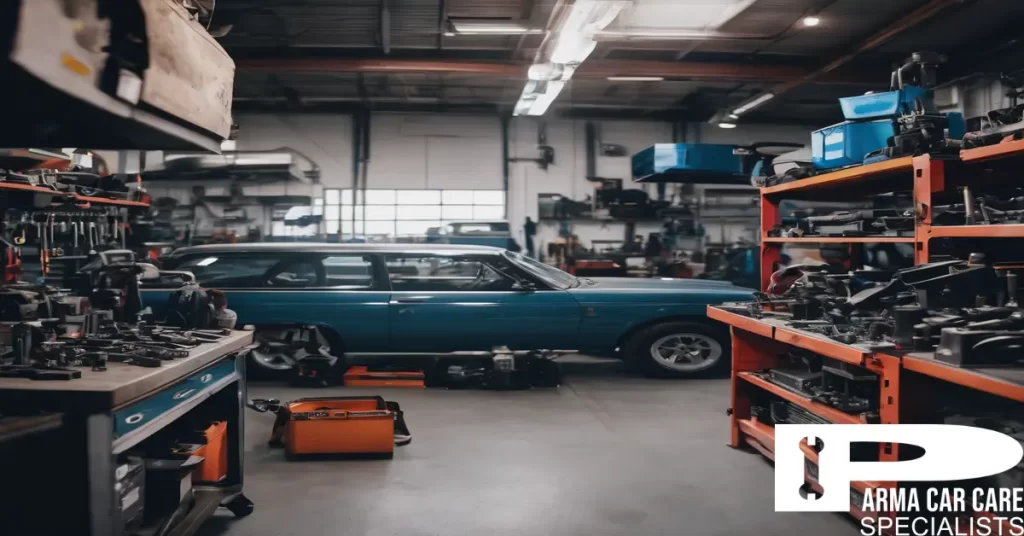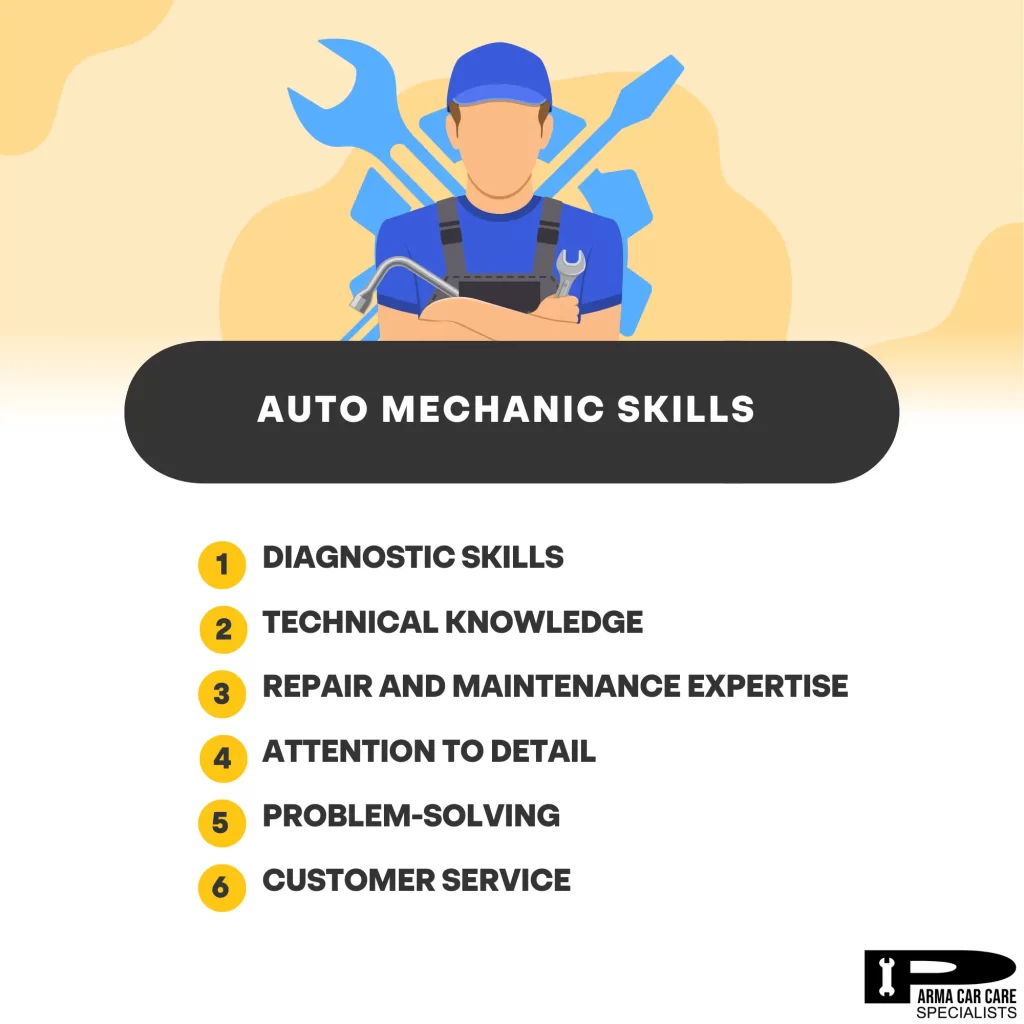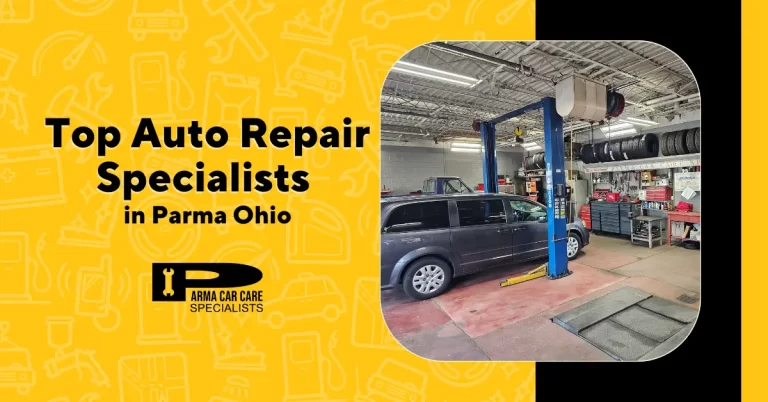When you hear the terms “mechanic” and “auto mechanic,” you might think they refer to the same profession. While both work with vehicles, they have distinct roles and requirements. To shed light on their differences, let’s explore their unique characteristics and contributions to the automotive service industry.
What is a mechanic?
A mechanic is one who is skilled in using and maintaining various machines, including engines, industrial equipment, and household appliances. In the context of the automotive industry, mechanics specialize in diagnosing and fixing issues in cars, trucks, and motorcycles. Their primary focus is on mechanical and electrical systems, such as engines, brakes, and transmissions.
There are different types of mechanics, such as:
- Automobile mechanics: These mechanics specialize in working with passenger vehicles, including cars, SUVs, and vans. They can handle various vehicle makes and models from different manufacturers.
- Diesel mechanics: Diesel mechanics are experts in repairing and maintaining vehicles with diesel engines, commonly found in trucks, buses, and some cars.
- Aircraft mechanics: As the name suggests, these mechanics work on airplanes and helicopters. They ensure the aircraft’s mechanical and electrical systems are in optimal condition.
- Industrial mechanics: These mechanics specialize in repairing heavy machinery and equipment used in manufacturing plants, construction sites, and other industrial settings.
What is an auto mechanic?
On the other hand, an auto mechanic, short for automotive mechanic, is a specialist in repairing and maintaining automobiles. While the term “mechanic” can be used broadly, “auto mechanic” specifically refers to professionals dealing with cars and light trucks.
Auto mechanics are highly trained in diagnosing and fixing various issues specific to automobiles. They have in-depth knowledge of different automotive systems, including:
- Engine performance
- Electrical and electronic components
- Steering and suspension
- Brake systems
- Heating and air conditioning
- Transmission
These professionals are skilled in using specialized diagnostic tools and equipment to identify problems accurately and efficiently. They then perform the necessary repairs or replacements to restore the vehicle to optimal working condition.
Difference between mechanics and auto mechanics
The main difference between a mechanic and an auto mechanic lies in their areas of specialization. While all auto mechanics are mechanics, not all mechanics are auto mechanics. The term “mechanic” is broader, encompassing professionals who work on various machines, while “auto mechanic” specifically focuses on professionals working with cars and light trucks.
Required certifications
To become a certified mechanic or auto mechanic, individuals typically need to complete the following steps:
- Acquire a high school diploma or GED equivalent
- Complete a post-secondary education program or gain on-the-job experience (for entry-level positions)
- Obtain professional certification (optional but preferred)
Common certifications for mechanics
- Certificate of National Institute for Automotive Service Excellence (ASE): This widely recognized certification is awarded to mechanics who pass the ASE exams. These exams cover various automotive repair and service specialties, such as engine repair, brake systems, and electrical systems.
- Original Equipment Manufacturer (OEM) certification: Mechanics can also obtain certifications directly from vehicle manufacturers, such as Ford, Toyota, or BMW. These certifications demonstrate expertise in specific vehicle brands and can enhance job prospects.
Common certifications for auto mechanics
- ASE certification: Since auto mechanics specialize in cars and light trucks, ASE certification is highly relevant to their field. Having this certification indicates a high level of expertise in specific automotive areas.
- Automotive Service Excellence (ASE) Master Technician certification: This advanced ASE certification is for mechanics who have demonstrated exceptional skills by achieving certifications in multiple specialty areas.
Auto mechanic salary
The United States Bureau of Labor Statistics (BLS) says that the average annual wage for automotive service technicians and mechanics, including auto mechanics, was $44,050 as of May 2020. The lowest 10% earned less than $25,000, and the highest 10% earned more than $71,000.
Auto mechanic salaries can vary based on several factors, including:
- Years of experience
- Level of training and education
- Specialized certifications
- Geographic location
- Employment setting (e.g., dealership, independent repair shop)
In general, auto mechanics with more experience, advanced certifications, and those working in urban
areas or dealerships tend to earn higher salaries.
Auto mechanic skills
Successful auto mechanics possess a combination of technical, problem-solving, and customer service skills. Here are some essential skills for auto mechanics:
- Diagnostic skills: Auto mechanics must be able to identify and assess problems accurately in various vehicle systems. This requires a strong understanding of automotive technology and the ability to use diagnostic equipment effectively.
- Technical knowledge: A deep understanding of how different automotive systems work is crucial for auto mechanics. This includes knowledge of engine operations, electrical systems, and computerized vehicle controls.
- Repair and maintenance expertise: Auto mechanics should be able to do repairs expertly and maintenance tasks, from engine overhauls to routine oil changes.
- Attention to detail: Repairing vehicles requires precision, and auto mechanics must pay close attention to detail to avoid any installation mistakes.
- Problem-solving: Effective problem-solving skills are essential for auto mechanics to identify the root cause of a vehicle issue and determine the most efficient repair strategy.
- Customer service: Listening to customer complaints and concerns is an important part of an auto mechanic’s role. If they have a good rapport with customers, they can attract more clientele and help boost their reputation as a professional auto mechanic.
The Bottom Line
While the terms “mechanic” and “auto mechanic” are often used interchangeably, they have distinct differences. Mechanics are professionals who repair and maintain various machines, while auto mechanics specialize in fixing cars and light trucks.
Choosing the right mechanic for your vehicle depends on the nature of the problem. If you’re experiencing issues with your car, it’s best to seek the expertise of an auto mechanic who has the specific skills and knowledge to diagnose and fix automotive-related problems.
Trust your vehicle with the experts!
For swift and reliable auto repair services in Old Brooklyn, OH, contact Parma Car Care Specialists for quality and affordable solutions. Our team of skilled auto mechanics will ensure your vehicle receives the care it deserves.

















